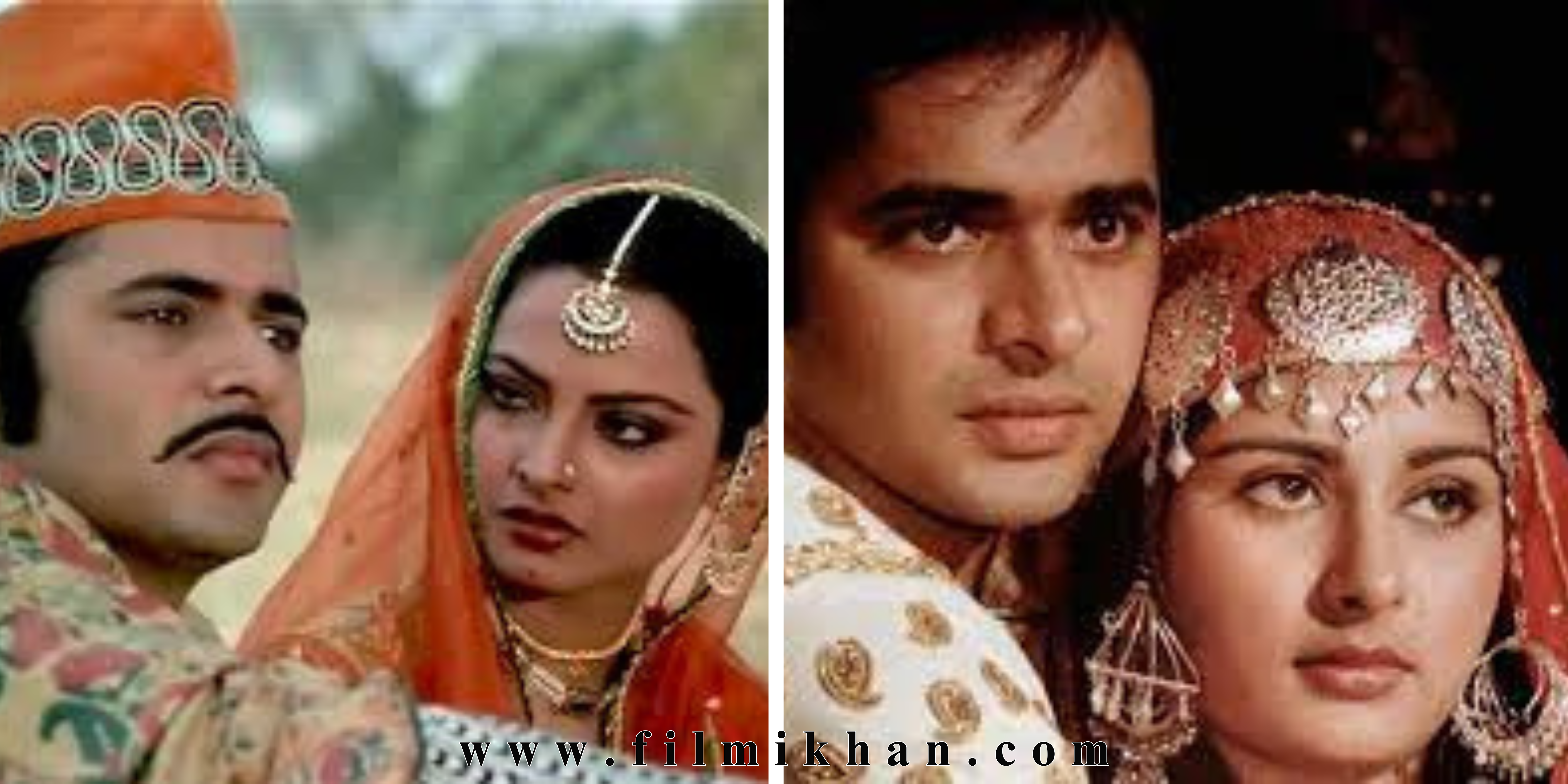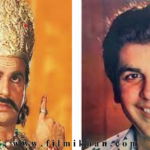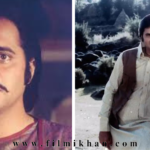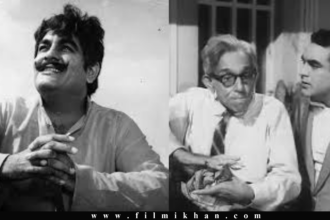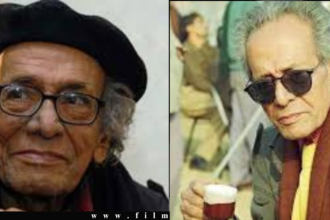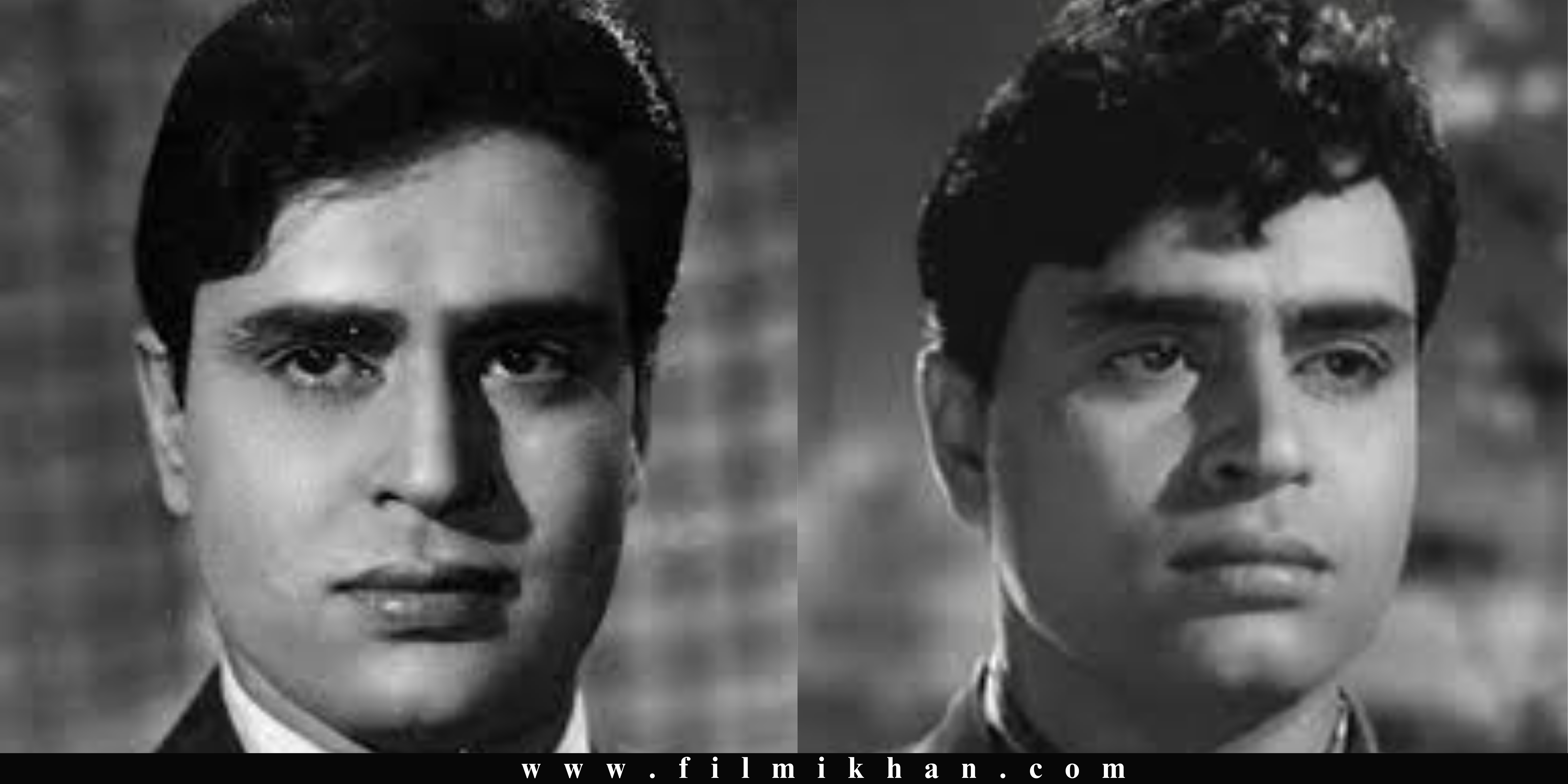
Introduction:
Farooq Sheikh, an iconic figure in the realm of Indian cinema, left an indelible mark on the industry with his understated yet powerful performances. He is known for his nuanced portrayals and a charming screen presence; Farooq became a symbol of versatility and authenticity in the world of Hindi cinema.
Early Life and Education:
Born on March 25, 1948, in Amroli, Gujarat. Farooq Sheikh hailed from a modest family. His early education took place in his hometown, and later, he moved to Pune to pursue a law degree. However, the allure of the stage and the magic of storytelling beckoned him, leading him to the world of theatre.
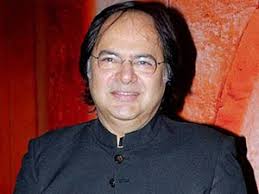
Theatre to Cinema:
Farooq Sheikh’s tryst with acting began on the stage, where he honed his craft and developed a deep passion for performing arts. His entry into films was marked by the critically acclaimed film “Garm Hava” (1974), a poignant portrayal of a Muslim family during the partition of India. This marked the beginning of a cinematic journey that would see Sheikh effortlessly straddle parallel cinema and mainstream Bollywood.
Versatility Personified:
Farooq Sheikh’s acting prowess allowed him to seamlessly transition between various genres. Whether it was the charming lover in “Chashme Buddoor” (1981), the earnest common man in “Katha” (1983), or the conflicted husband in “Bazaar” (1982), Sheikh brought authenticity and depth to each character. His ability to convey complex emotions with subtlety set him apart from his peers.
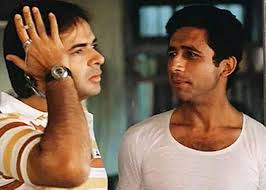
Collaborations and Partnerships:
Farooq Sheikh’s on-screen chemistry with actresses like Deepti Naval and Shabana Azmi is etched in the memories of cinephiles. He acted opposite Shabana Azmi in Sagar Sarhadi’s Lorie, Kalpana Lajmi’s Ek Pal and Muzaffar Ali’s Anjuman (1986) and then in the stage play Tumhari Amrita. His chemistry with actress Deepti Naval led them to being cast in nine films, Chashm-e-Buddoor, Sath Sath, Katha, Kisi Se Na Kahna, Rang Birangi, Ek Baar Chale Aao, Tell Me Oh Khuda, Faasle and Listen… Amaya, showcased the natural chemistry and camaraderie that made his collaborations memorable.
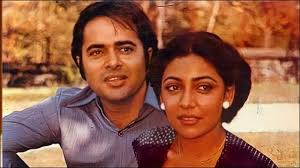
Notable Films:
Farooq worked in Muzaffar Ali’s film in Gaman (1978) where he acted as the migrant Bombay taxi driver from Badaun in Uttar Pradesh hoping to return to meet his wife. He tries to save enough money to return money but he failed to save. He went on to act in several notable films such as Satyajit Ray’s Shatranj Ke Khiladi (Chess Players) (1977), Noorie (1979), Chashme Buddoor (1981), Umrao Jaan (1981), Bazaar (1982), Saath Saath (1982), Rang Birangi (1983), Kissi Se Na Kehna (1983), Ek Baar Chale Aao (1983), Katha (1983), Ab Ayega Mazaa (1984), Salma (1985), Faasle (1985), Peechha Karo (1986), Biwi Ho to Aisi (1988), and Maya Memsaab (1993).
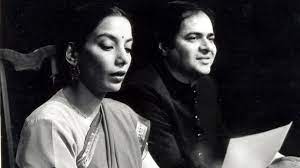
In the 1990s, he appeared in fewer films. But resurfaced in notable roles in the 2000s. He acted in Saas Bahu Aur Sensex (2008) and Lahore (2009), for which he won the 2010 National Film Award for Best Supporting Actor.
He was seen as Bunny (Ranbir Kapoor)’s father in Yeh Jawaani Hai Deewani (2013). His last film as the leading man was Club 60 (2013) which was also his last release before his death. He also appeared in Youngistaan and Children of War, both of which released in 2014, after his demise.
Beyond the Silver Screen:
Apart from his contributions to cinema, Farooq Sheikh was actively involved in television and theatre.
In the 80s-90s, Farooq Sheikh appeared in numerous television serials. He played the lead role in a serial dedicated to the poet Hasrat Mohani in TV serial Kahkashan with Deepti Naval. He also appeared in the famous Doordarshan TV serial Shrikant which aired from 1987-1991. The serial was an adaptation of Sarat Chandra Chattopadhyay’s novel with the same name. He worked in Aahaa on Zee Tv. Chamatkar on Sony Tv and Ji Mantrijo on star Plus.
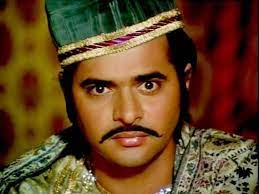
His role in the popular TV series “Jeena Isi Ka Naam Hai” and his stage performances demonstrated his versatility across various mediums.
In 2002, in an interview with The Times of India, Sheikh said, “I have never been commercially viable. People recognise me, smile and wave at me — but I have never received marriage proposals written in blood. In his heyday in 70s and 80s, when Rajesh Khanna drove down a street, the traffic stopped — I don’t mind not receiving this kind of adulation. But I do miss not having been able to command the kind of work I wanted which Khanna could always do. I miss not being 100 per cent commercially viable like him.”
Legacy and Recognition:
Throughout his career, Farooq Sheikh received numerous accolades, including the National Film Award for Best Supporting Actor for “Lahore” (2010). His impact on Indian cinema was not just limited to awards but extended to the hearts of millions who admired his work.
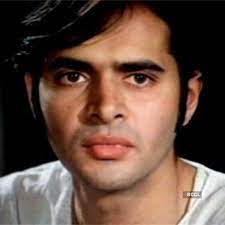
Conclusion:
Farooq Sheikh died of a heart attack in the early hours of 28 December 2013 in Dubai, where he was on vacation with his family. Farooq Sheikh’s sudden demise left a void in the world of entertainment, but his legacy continues through the timeless performances he left behind. A gentle giant on the silver screen, Farooq Sheikh’s contributions to Indian cinema are a testament to the enduring power of authentic storytelling and the art of bringing characters to life with grace and sincerity.


